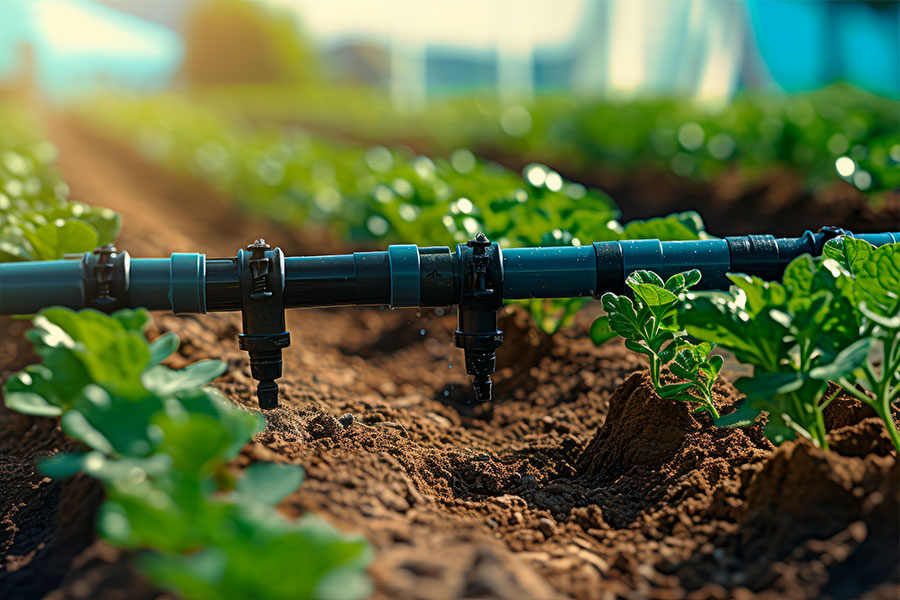In 2024, the African coffee industry is experiencing a strong expansion, especially thanks to notable performances from some countries like Uganda, Kenya, Tanzania, and Ethiopia. This sector represents a livelihood for many countries, benefiting from growing global demand and an increase in prices depending on the coffee variety, especially “robusta”. For example, in Uganda exports reached a record 6.13 million bags of coffee, generating $1.14 billion, a growth of 36% compared to last year. This increase is due to favorable climatic conditions, improved agricultural practices and also strong European demand, absorbing more than 70% of the country’s exports.
Ethiopia, meanwhile, also recorded a 10% increase in revenue, reaching $1.43 billion in the 2023-2024 campaign, notably through significant demand for its high-quality coffee. African production is now diversifying into emerging markets, particularly Asia, while continuing to rely on the European and American markets.
The AfDB has allocated more than $100 million this year to support climate resilience initiatives in the agricultural sector, aimed at minimizing the impact of climate disruptions. These measures are crucial to support the coffee sector, which represents a key source of income for millions of Africans, but also to meet a growing demand for organic and sustainable coffee on international markets.
At the same time, the establishment of the African Continental Free Trade Area (AfCFTA) since 2018 has made it possible to strengthen intracontinental exports and thus diversify markets, a necessary aspect to ensure the sustainability of this booming industry, despite environmental pressures. This sector represents a key resource in Africa for developing the economic fabric, with the promotion of local production and programs initiated in terms of sustainability and ethics.




